D.C. Courts Pop-Up Businesses Ahead of WorldPride
D.C. hopes PUPs, an expedited permitting process, will allow businesses to quickly set up shop to revitalize downtown ahead of 2025.

On Monday, D.C. leaders unveiled PUPs, a new pop-up permit program aimed at making it easier to transform vacant storefronts in the downtown area temporarily as the District continues to struggle following the pandemic four years ago.
Hampered by soaring rents that have led businesses to shed full-time office space as a cost-cutting measure, flexible telework policies instituted by employers, and fears around crime and homelessness, downtown D.C. is a shadow of its pre-pandemic self.
So D.C. is hoping to fill vacant office buildings with pop-up businesses by removing the bureaucratic hurdles that hamper businesses’ ability to set up shop.
Under the new program, announced by Mayor Muriel Bowser, business owners can obtain a streamlined certificate of occupancy for temporary use of a vacant building for up to one year, rather than going through the traditional permitting process.
This expedited permitting process will include pre-qualification, review by the D.C. Department of Buildings (DOB), and a DOB inspection, but is expected to take no more than 15 days to complete, city officials said.
Permits are only being offered in the Golden Triangle Business Improvement District, stretching along the Connecticut Avenue corridor from the White House to Dupont Circle, and the DowntownDC Business Improvement District, which largely consists of the areas east of the White House, south of Massachusetts Avenue NW, Thomas Circle, and the Walter E. Washington Convention Center, and north of Pennsylvania Avenue NW, extending as far east as the area around and the U.S. Capitol.
The hope is that having more occupied buildings will drive foot traffic to the city’s downtown, with an eye toward encouraging other businesses — such as restaurants and cafés — that would support the pop-up businesses. Increased foot traffic, in turn, will eventually lead to an increased police presence, which may help bring down crime.
The new program was announced at a vacant storefront at Connecticut Avenue and L Street NW, which will soon be transformed into a pop-up as part of Capital Fringe, an annual arts festival scheduled to take place from July 9 to 21.
Japer Bowles, director of the Mayor’s Office of LGBTQ Affairs, hailed the program as a potential boon not only for the city as a whole, but for the LGBTQ community, especially in advance of D.C.’s hosting of WorldPride in 2025.
“This is going to be great for WorldPride, because LGBTQIA+ businesses and business owners — whether in D.C. or in the region, or nationally or internationally, can come to D.C. and have a space to show their wares,” Bowles told Metro Weekly.
Bowles says the tax revenue generated from the pop-up businesses could subsequently be reinvested into initiatives benefitting the LGBTQ community, such as workforce development programs for transgender individuals, or LGBTQ-friendly housing programs.
Bowles noted that with at least 20% of storefronts in D.C. standing vacant, the city needs to take drastic moves to revitalize those neighborhoods and assist the city in fully rebounding from the devastating effects of pandemic-era lockdowns.
That entails making significant investments in tourism, arts, and entertainment, including facilities for D.C.-area sports teams, such as the recently-inked deal the city made with Monumental Sports to keep the Washington Capitals, Mystics, and Wizards teams at Capital One Arena, in the Penn Quarter/Chinatown neighborhood, through at least 2050.
Bowles said the PUPs program can provide plenty of opportunities leading up to WorldPride.
“I’ve had conversations with folks who are based in New York City and do LGBTQ-themed clothing wear. That’s the perfect example of, ‘Hey, we’d love to have you in D.C., and we can help identify that space for you,” he said.
“Sydney did something very similar to this to activate their business sector and to ensure that there were open storefronts so they could better match with LGBTQ businesses,” he added. “And it was a success. We’re hoping to replicate and expand on that.”
Bernie Delia, a member of the Capital Pride Alliance Board, said that making the permitting process easier and recruiting LGBTQ-serving businesses to the downtown area, even temporarily, could help meet the demand for services from visitors and tourists.
“With 3 million or more people coming for WorldPride, we can make use of this opportunity to have these pop-ups come and be used for whatever services those folks are engaged in,” he said.
For more information on the PUPs program, visit dob.dc.gov/pop-up-permits.
Support Metro Weekly’s Journalism
These are challenging times for news organizations. And yet it’s crucial we stay active and provide vital resources and information to both our local readers and the world. So won’t you please take a moment and consider supporting Metro Weekly with a membership? For as little as $5 a month, you can help ensure Metro Weekly magazine and MetroWeekly.com remain free, viable resources as we provide the best, most diverse, culturally-resonant LGBTQ coverage in both the D.C. region and around the world. Memberships come with exclusive perks and discounts, your own personal digital delivery of each week’s magazine (and an archive), access to our Member's Lounge when it launches this fall, and exclusive members-only items like Metro Weekly Membership Mugs and Tote Bags! Check out all our membership levels here and please join us today!










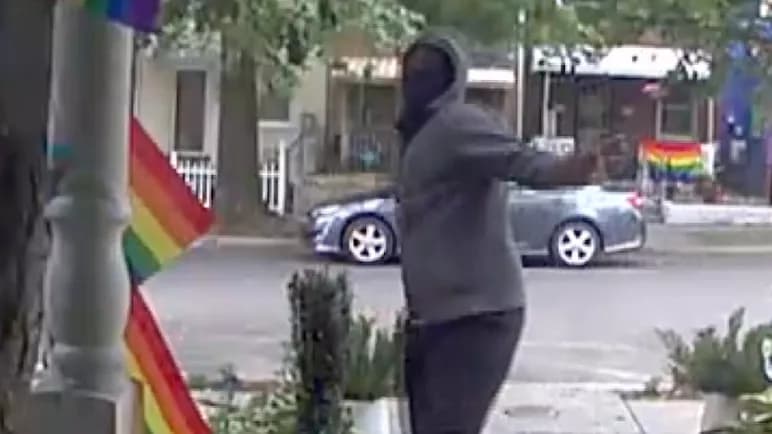
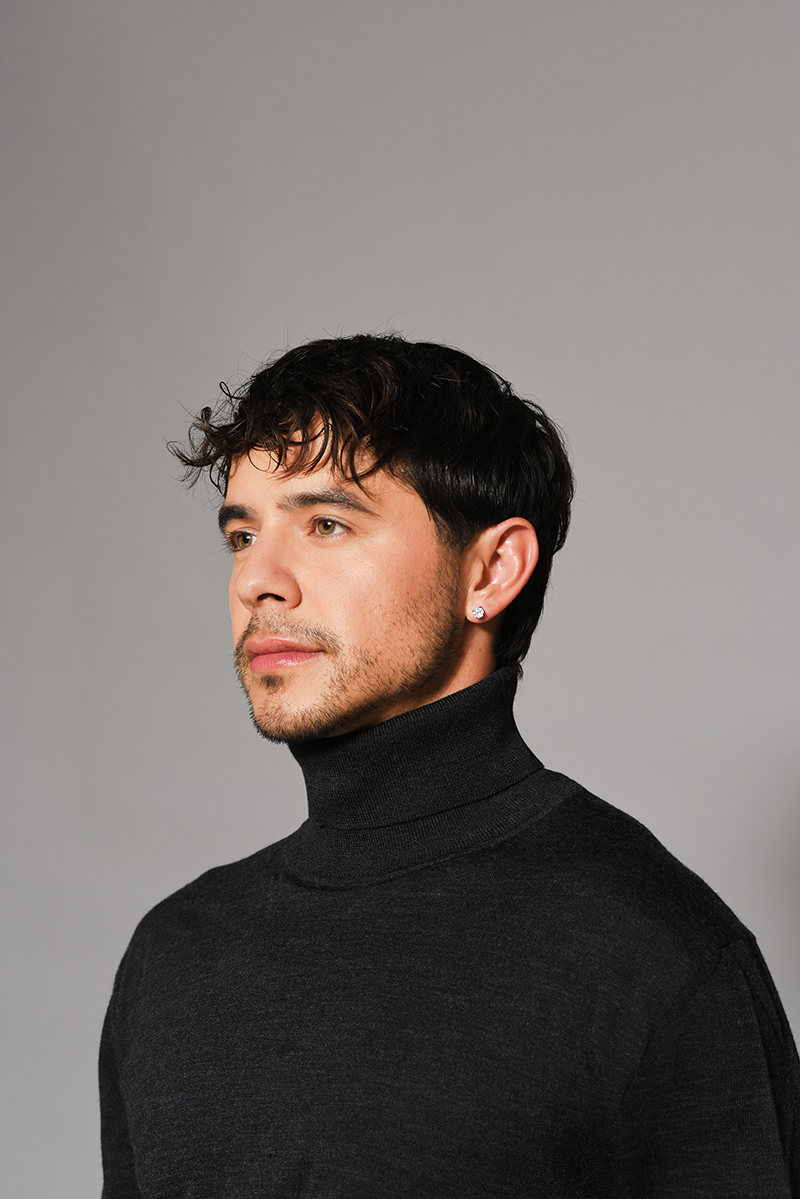
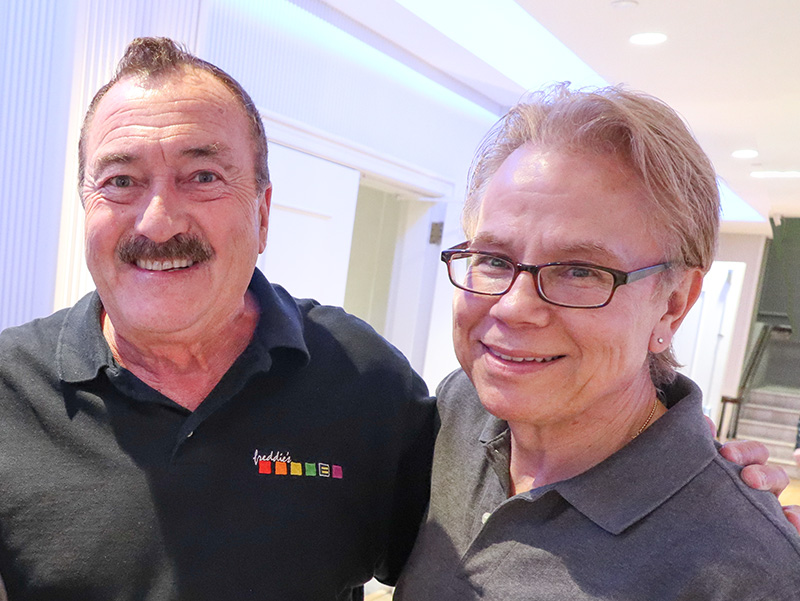













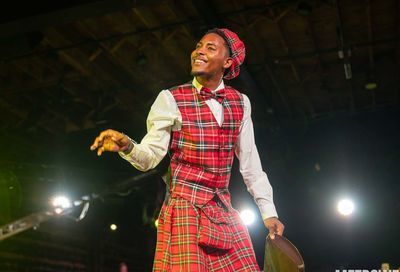
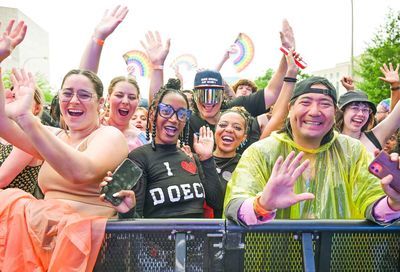
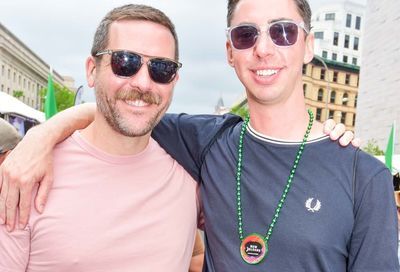
You must be logged in to post a comment.